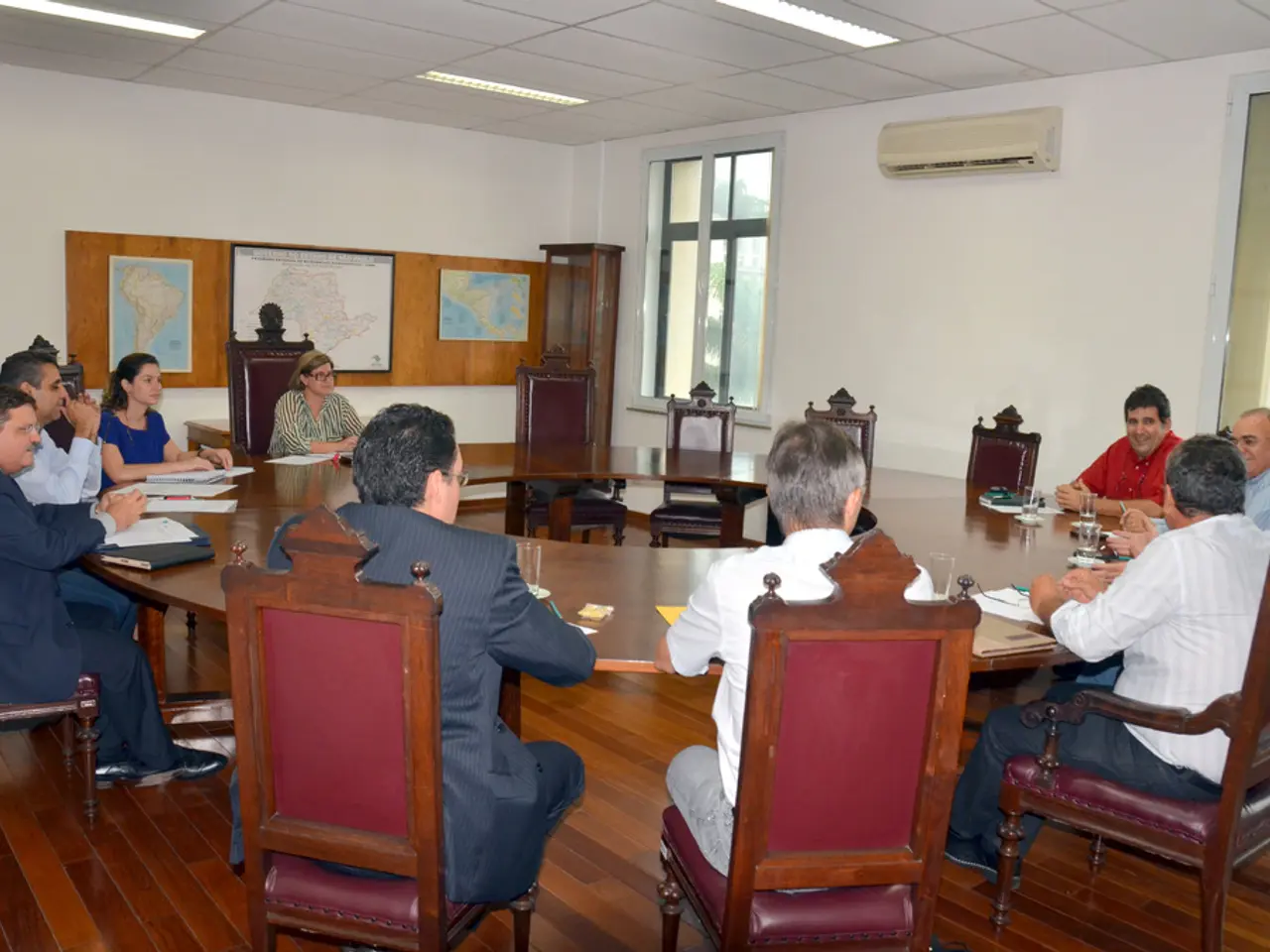Debate over organ donation policies: should individuals be required to opt-in or should it be an automatic opt-out system?
Organ donation policies across the globe show a significant disparity, leading to questions about whether an opt-in or opt-out system works best. Researchers from the UK have investigated this topic by analyzing the organ donation protocols of 48 countries over a 13-year period, with 23 utilizing opt-in systems and 25 opting for opt-out.
In an opt-in system, individuals must actively sign up to a registry to donate their organs after death. In contrast, opt-out systems assume consent for organ donation unless someone specifically requests that their organs not be taken.
Prof. Eamonn Ferguson, lead author from the University of Nottingham, UK, points out the potential drawbacks of relying on active decisions from individuals, explaining,
"People may not act for multiple reasons, including loss aversion, lack of effort, and a belief that policy makers have made the 'right' decision and one that they endorse."
Inaction in an opt-in system may lead to some individuals who would wish to be donors not donating (a false negative). Conversely, inaction in an opt-out system could potentially result in someone who does not want to donate becoming a donor (a false positive).
The United States currently uses an opt-in system. Last year, over 28,000 transplants were made possible thanks to organ donors, with around 79 people receiving organ transplants every day. Unfortunately, around 18 people still die daily due to a shortage of donated organs.
The study by the University of Nottingham, University of Stirling, and Northumbria University found that countries utilizing opt-out systems had higher total numbers of kidneys donated. Opt-out systems also had a larger overall number of organ transplants. Opt-in systems, however, had a higher rate of living kidney donations.
Prof. Ferguson notes that the study had limitations, as it did not distinguish between different degrees of opt-out legislation and didn't assess other factors affecting organ donation.
The researchers suggest that their findings could help inform policy decisions in the future. They propose collecting international organ donation information, which could then be made public to strengthen their results.
Future studies could examine the beliefs, wishes, and attitudes of individuals regarding their decision to opt in or opt out. Combining survey and experimental methods could lead to a greater understanding of the impact of consent legislation on organ donation and transplantation rates.
Despite countries employing opt-out systems experiencing organ donor shortages, completely changing the system is unlikely to solve the problem. The authors suggest considering consent legislation or adopting aspects of the "Spanish Model," which features measures like a transplant co-ordination network and improved public information about organ donation, to improve donor rates.
Spain currently boasts the highest organ donation rate in the world, with their success attributed to the Spanish Model's unique aspects like the transplant coordination network and improvements in public information about organ donation.
The discussion about potential solutions to the organ shortage has extended to the idea of farming animal organs for human transplants. While it could be a solution, it also raises ethical concerns that need to be carefully considered.
- The study conducted by researchers from the University of Nottingham, University of Stirling, and Northumbria University found that countries utilizing opt-out systems had higher total numbers of kidneys donated.
- Inaction in an opt-in system may lead to some individuals who would wish to be donors not donating (a false negative).
- Prof. Eamonn Ferguson, lead author from the University of Nottingham, UK, notes that the study had limitations, as it did not distinguish between different degrees of opt-out legislation and didn't assess other factors affecting organ donation.
- The researchers suggest that their findings could help inform policy decisions in the future, proposing collecting international organ donation information to make it public, which could strengthen their results.
- The authors suggest considering consent legislation or adopting aspects of the "Spanish Model," which features measures like a transplant coordination network and improved public information about organ donation, to improve donor rates.
- While farming animal organs for human transplants could be a solution, it also raises ethical concerns that need to be carefully considered.








